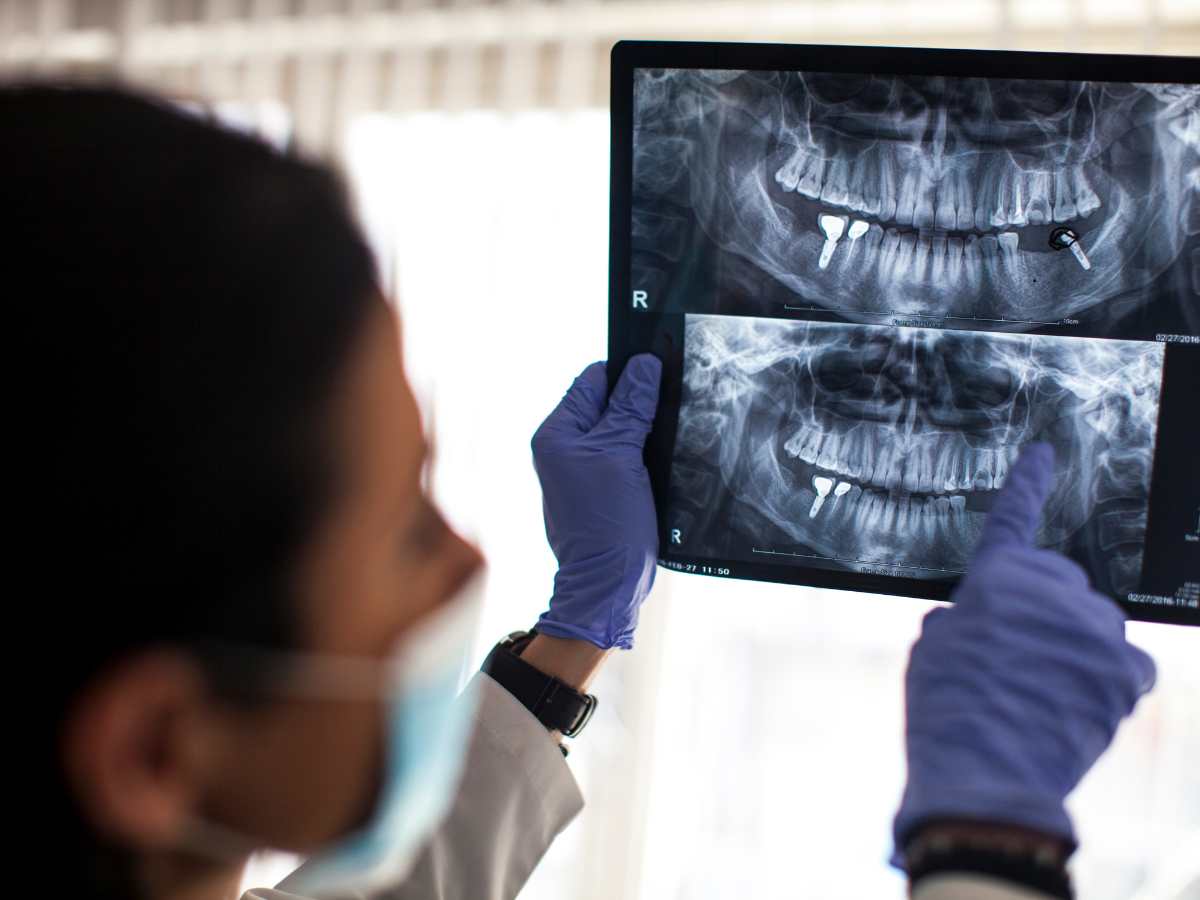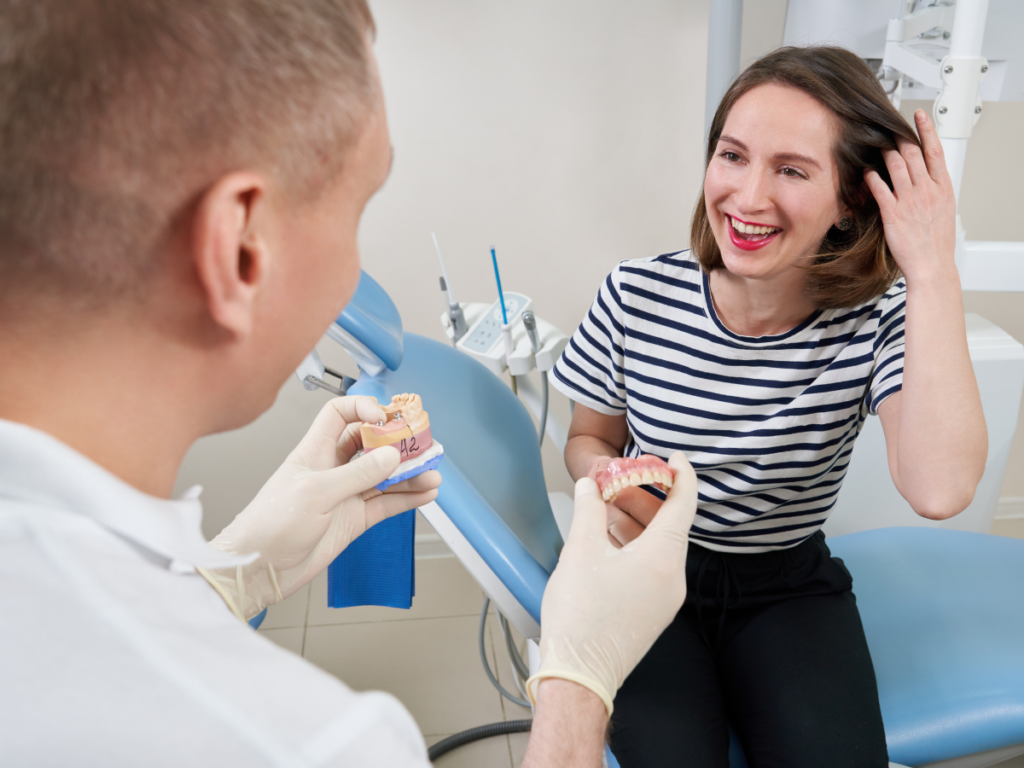
The journey to restoring your smile with dental implants does not end with the surgery. The recovery phase is an integral part of the process and plays a pivotal role in the success of the implants. Although dental implant surgery has a high success rate, understanding the recovery process and following the necessary precautions can greatly contribute to the longevity of your dental implants.
Dental implant surgery involves replacing missing teeth roots with screw-like metal posts and replacing damaged or missing teeth with artificial teeth that function and look much like real ones.
Typically, the recovery process after dental implant surgery varies from person to person. Factors such as the number of implants placed, individual healing ability, and the overall health of the patient can affect the recovery timeline.
Generally, the recovery period can take several weeks to a couple months.
After surgery, it is normal to experience some pain and bleeding at the surgical sites. Pain medications such as acetaminophen or ibuprofen can help in relieving discomfort during this time. Your dentist may also recommend an antibiotic to prevent infection. Swelling may also occur at the surgical sites and can be managed with cold compresses.
Immediately following your dental implant surgery, it's essential to follow your dentist's or oral surgeon's instructions. Here are some general aftercare tips:
Maintaining a healthy diet after dental implant surgery plays a crucial role in your recovery. Opt for soft, easy-to-chew foods and ensure you are well-hydrated.
Here are a few tips to make the process go smoother:
Your dentist will provide you with specific post-operative instructions. It is crucial to follow these diligently to ensure optimal healing. These instructions often include guidance on eating habits, medication regimen, and oral hygiene practices.
Keeping your mouth clean is essential to prevent infections and promote healing. Rinse your mouth with a warm saltwater solution several times a day. Be gentle when brushing around the implant site.
A balanced diet is important for your overall health and can aid in your recovery. Try to consume soft foods and avoid hard, crunchy, or spicy foods that might irritate the implant site.
Taking adequate rest is key to a speedy recovery. Also, ensure you are drinking plenty of fluids, but avoid using a straw as the sucking motion can disrupt the healing process.
Both smoking and alcohol can delay healing and negatively impact the success of your dental implants. Try to abstain from these, particularly in the first few weeks following surgery.
Follow-up appointments are essential to monitor your progress and catch potential issues early. Never skip these appointments.
Dental implant surgery can significantly enhance your quality of life, giving you back your confidence to smile, eat, and engage in social activities without worry. With a high success rate, it is a worthwhile investment in your oral health.

Recovering from dental implant surgery can be a fairly comfortable process with the right care and precautions. The key to a smooth recovery lies in following your oral surgeon's advice, maintaining good oral hygiene, and taking care of your overall health.
Remember, each person's recovery process may vary, so it's essential to listen to your body and contact your oral surgeon if you have any concerns.
For more information on dental implant surgery or to schedule a consultation, don’t hesitate to contact us.